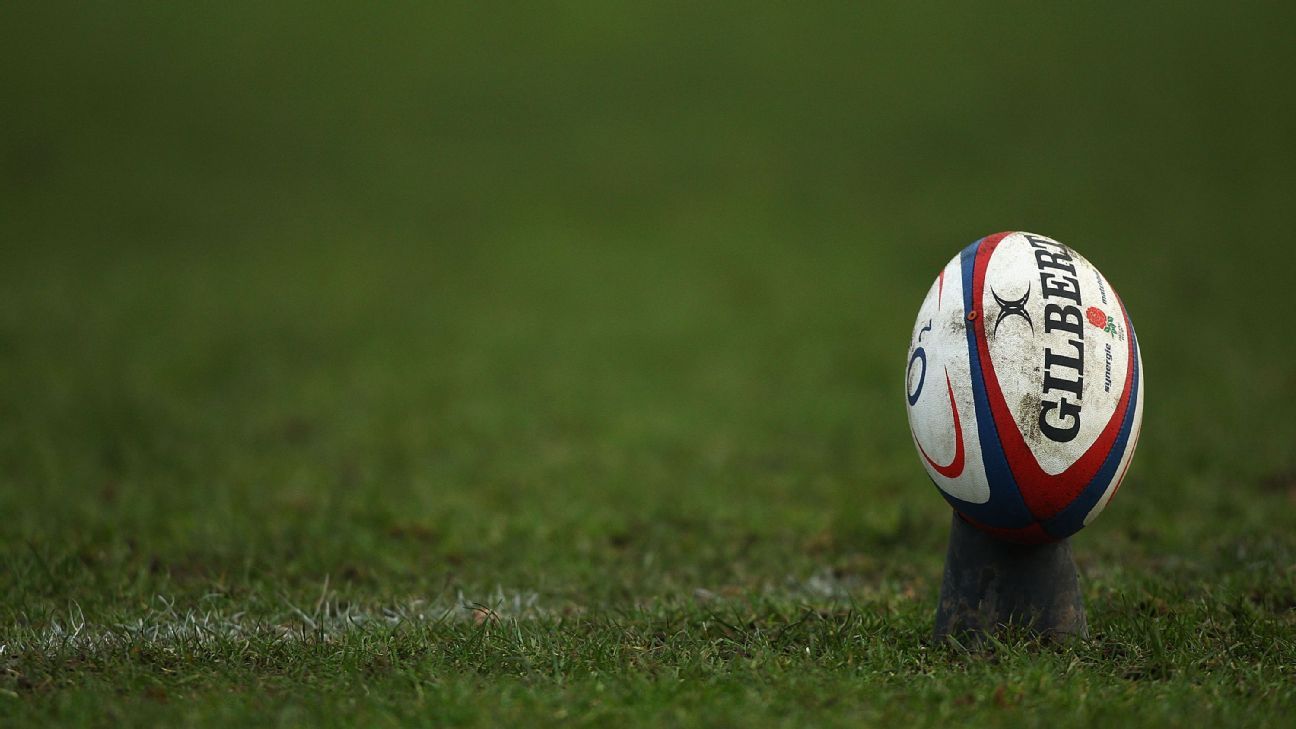A new study looking at the impact of concussion on a group of former Scottish international rugby players has found that they were 15 times more likely to develop motor neurone disease (MND) than the general population.
The figure is likely to send shock waves through the sport, which is already embroiled in a legal fight over the link between concussion and early onset dementia and which is scrambling to find ways of reducing incidences of concussion in matches and training at all levels.
In findings published in the Journal of Neurology, Neurosurgery and Psychiatry on Tuesday, researchers found that the players group had an approximately two-and-a-half times higher risk of neurodegenerative disease than expected but that player position had no impact on risk.
The stand-out result were the figures for MND, a condition that has been brought into the rugby spotlight by the suffering of former Scotland lock Doddie Weir and English rugby league legend Rob Burrow.
Led by consultant neuropathologist Willie Stewart, Honorary Professor at the University of Glasgow, the FIELD research team compared health outcomes among 412 male former Scottish international rugby players and over 1,200 matched individuals from the general population.
The study is a continuation of research made by the same organisation into neurodegenerative risk among former professional footballers and players and also found similarities with the NFL.
“This latest work demonstrates that risk of neurodegenerative disease is not isolated to former footballers, but also a concern for former rugby players,” Stewart told journalists.
“It provides further insight into the association between contact sports and neurodegenerative disease risk. Of particular concern are the data on MND risk, which is even higher than that for former footballers. This finding requires immediate research attention to explore the specific association between rugby and the devastating condition of MND.”
The findings come against the backdrop of a group of almost 200 former players taking legal action against World Rugby, the Rugby Football Union and the Welsh Rugby Union.
The claimants, who include England’s 2003 World Cup-winning hooker Steve Thompson, argue the sport’s governing bodies were negligent in that they were aware of the risk but failed to take reasonable action to protect players from permanent brain injury and subsequent early-onset dementia caused by repetitive blows to the head.
Thompson, who was diagnosed with early onset dementia in 2020, will share his story in a BBC documentary set to air on Wednesday in Britain.
‘Speed up change’
In recent years rugby has implemented changes to the tackle law and moved towards a reduction in contact training in a bid to minimise head impacts but Stewart urged more and quicker action.
“I think rugby could be speeding up this pace of change,” he said. “I know it’s tough to think about there being less rugby than more, but maybe you see better quality rugby, the players are less damaged and fitter.
“Rugby has to think about it. You can’t continue to put young men and women through what they’ve been put through, now we know that, even from amateur era, there is this risk of degenerative brain disease.”
Brian Dickie, director of research development at the Motor Neurone Disease Association, said the findings added weight to previous reports on increased risk in football players but said as a “considerably smaller” study, there were questions around it.
“For example, it is not clear exactly how many players were diagnosed with MND, though from the information provided, that absolute number will be small,” he said. “It is also surprising that there were no cases reported in the larger control group, as MND is the most common neurodegenerative disease of mid-life.
“Moreover, we know that the vast majority of cases of MND involve a complex mix of genetic and environmental risk factors, so the level of genetic risk may be different in high performance athletes compared with the general population.
“What is clear is that this research need to be extended into much larger populations, which will require close collaboration between researchers and rugby representative bodies across multiple countries.”
